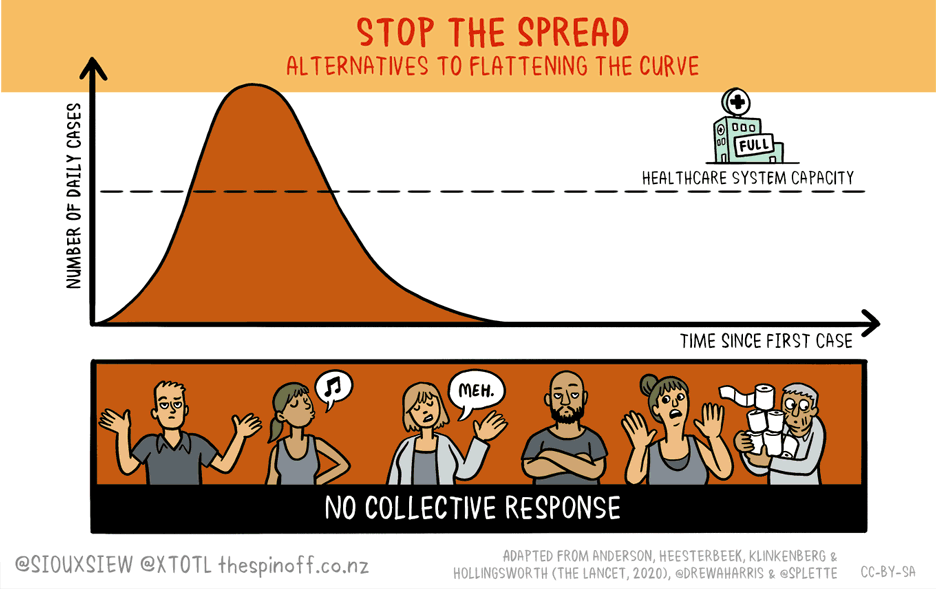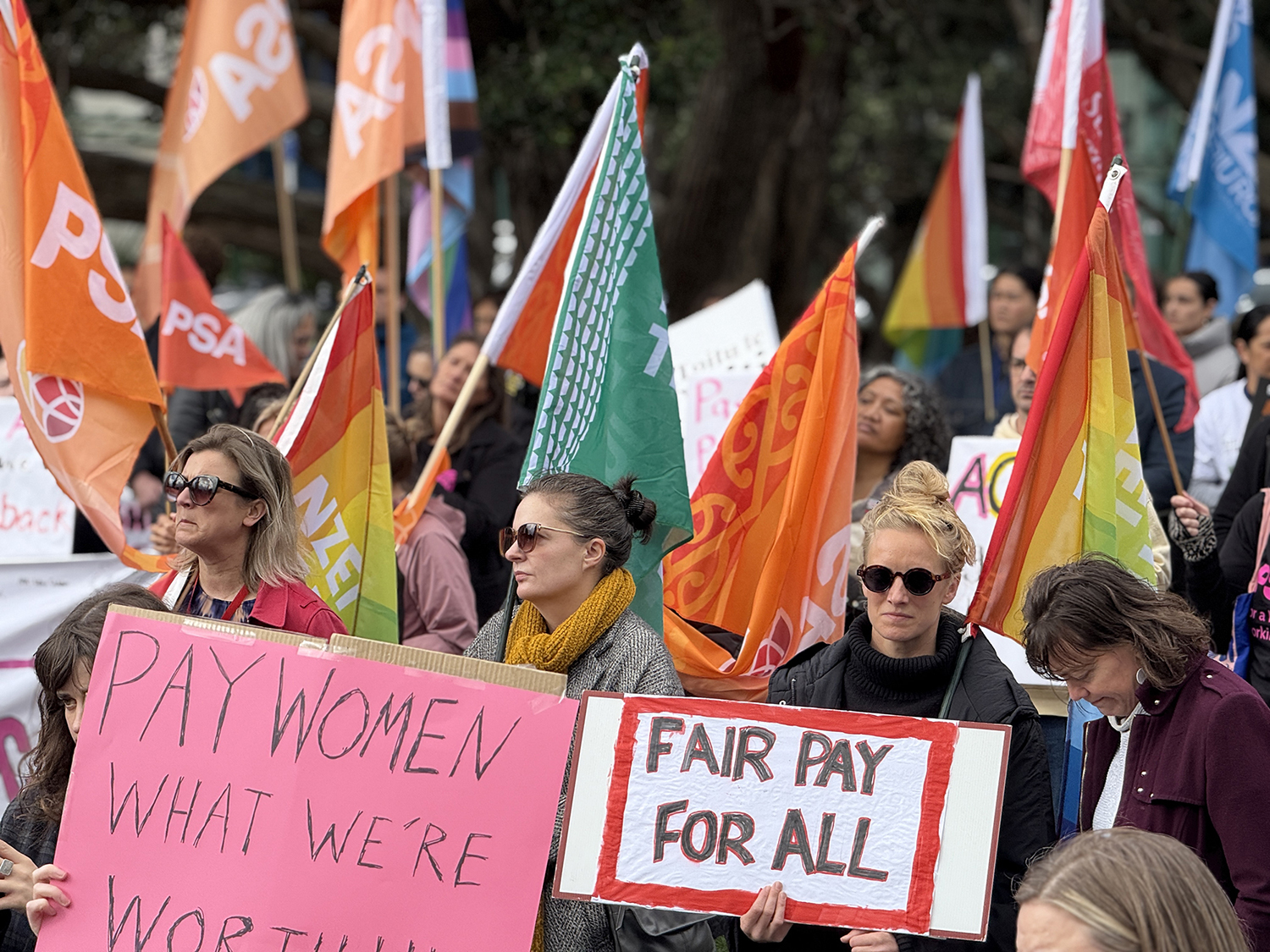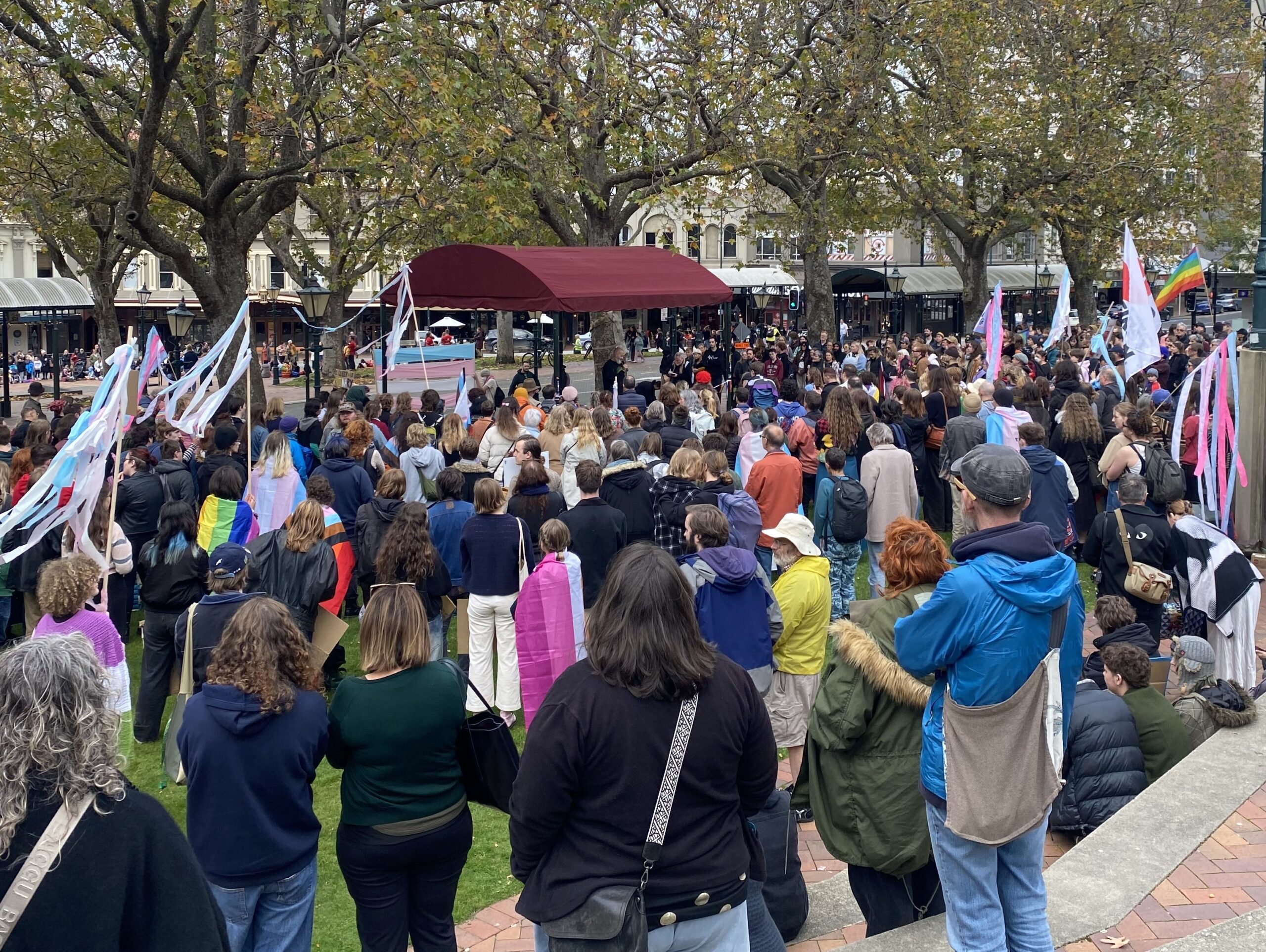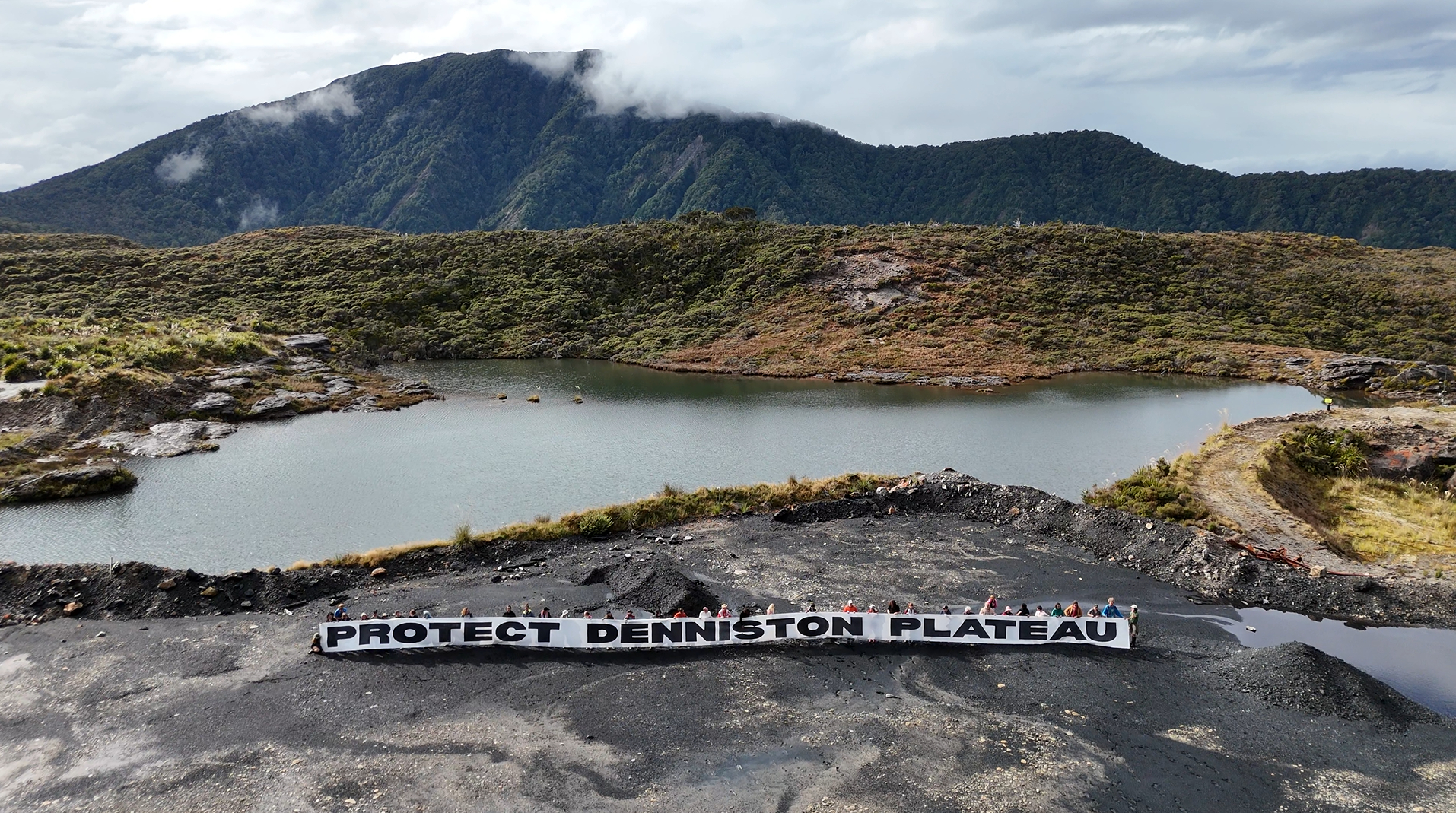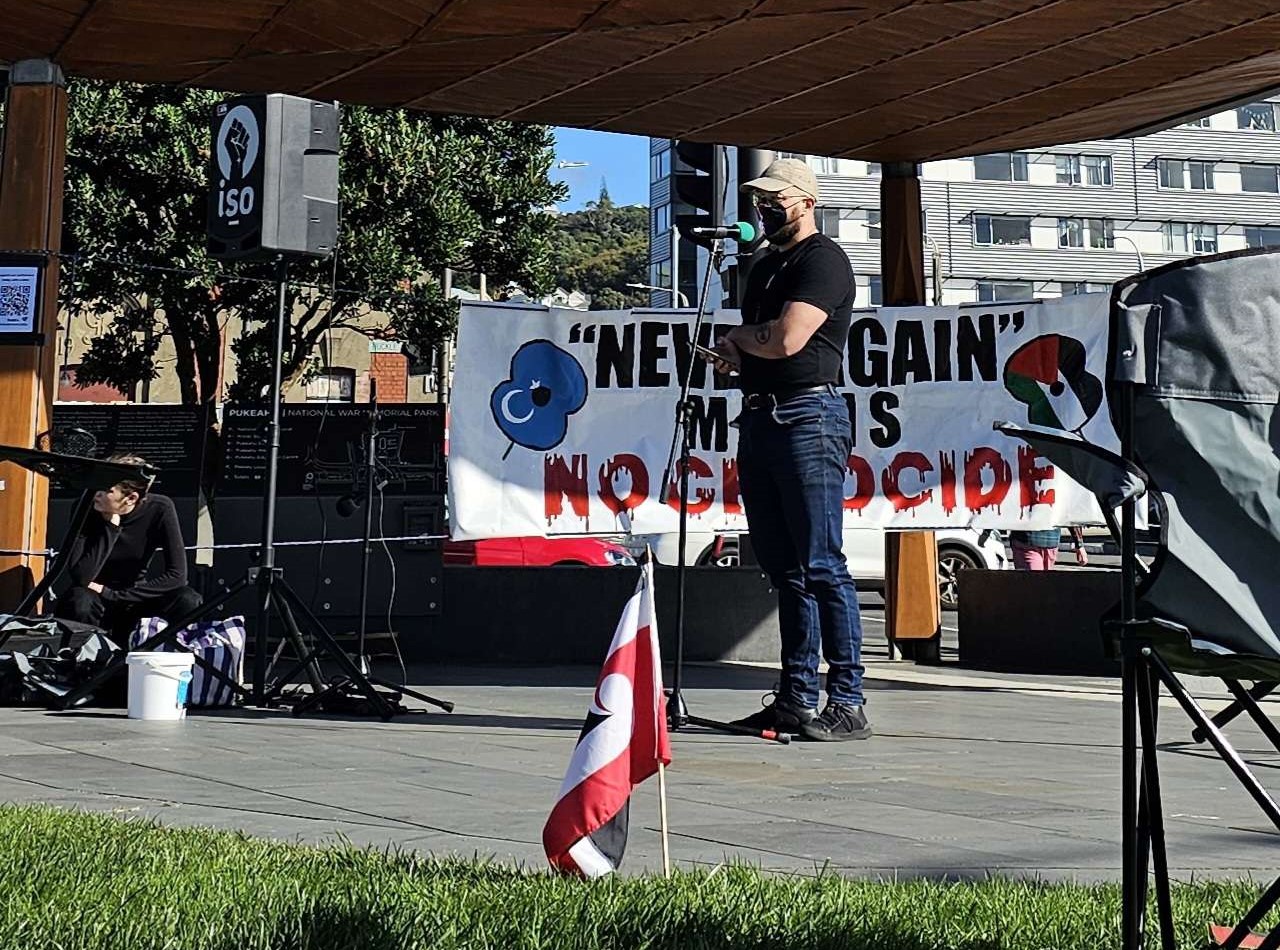The government has rolled the dice. On Tuesday the 28th of April we will move down to level 3 of the COVID-19 Alert System. More businesses will open up as long as they can show they don’t have direct contact with consumers. Forestry, Manufacturing and Construction will reopen. Schools and Early Childhood Centres will be open for children that cannot stay home without a caregiver. Takeaways will open for drive-thru and delivery. Though social restrictions will still apply almost the same as at level 4.
This change in the alert level is despite the fact that just earlier today Professor Shaun Hendy the man in charge of modelling the spread of COVID-19 in New Zealand said that the lockdown should be extended by at least two weeks. Hendy said that without such an extension the number of cases would almost certainly increase . We are very close to eliminating the virus – of having no new cases. Going back down an alert level would prolong the likelihood that we are going to be in alert level 3 for much longer and even risk going back up to level 4.
Another report held back from being released until today’s announcement, by Dr Ayesha Verall was a damning audit of the tracing capacity of the Ministry of Health. Tracing is an essential element of any ability to deal with continuing outbreaks of COVID-19. Rapid case detection and contact tracing, combined with other basic public health measures, has over 90% efficacy against COVID-19 at the population level, making it as effective as many vaccines. This intervention is central to COVID-19 elimination in New Zealand.
The report goes on to say that even though cases were less than 100 per day, the twelve Public Health Units were unable to cope in tracing the possible route of infection and spread. Outbreaks in South Korea (one of the few countries able to do rapid case detection) showed that a single outbreak through a church resulted in 4000 cases in just over two weeks. The report details the changes needed to be made to the system – but it will be very impressive indeed if the Ministry of Health can make the needed adjustments in staffing and support in order to achieve those recommendations in just a single week.
In her announcement today, the Prime Minister changed the definition of elimination, saying that “Elimination doesn’t mean zero cases, It means zero tolerance for cases.” This is incorrect. The epidemiological definition of elimination is very clear, that elimination refers to the reduction to zero of new cases in an area. It is clear that this is not a scientific position on whether we should come out of lockdown – but rather a decision made in order for the economy to begin extracting profit from people again. There is deference in the statement made, a softening up so people will accept that the lockdown is lifting before the science says it should. The lockdown has been extended beyond the date originally planned for by five days. Just enough extra time for businesses to prepare for reopening and also to avoid paying time and a half on Anzac day. But crucially it is not long enough for the Ministry to have a rapid case detection and tracing system up and running – and most likely just not long enough for new cases to fall to zero.
The government is gambling on the chance that COVID-19 won’t spread – and won’t spread fast enough to cause another lockdown or an explosion in cases. Another week and a half may seem a small difference – but a small difference at the beginning of an exponential curve makes a huge difference to the overall result. There is popular support for continuing this lockdown too. A recent survey of 44,768 Stuff readers found 64% in favour of extending the lockdown. Everyone is aware of the very real threat an uncontrolled outbreak would have on our already struggling and still desperately underfunded healthcare system.
An outbreak that forces a return to level 4 will not just be damaging to the economy – it will cost many lives as well. A second attempt at level 4 is an admittance that we don’t have it under control, and the avenues of spread are much more likely to be local and myriad – rather than the focus on overseas importations of the virus. Let us hope that this gamble being made for the economy pays off.
There is no doubt that the image of Jacinda Ardern as being the most effective leader in the world will continue to be lauded throughout the international press. As being both effective in closing the country early and in ensuring that there is some measure of support for workers forced to stay home (as difficult as it can be to access that support). Much of it is well deserved – Ardern has been an excellent political figure in comparison to those callous far-right leaders that we have seen rise to power in other nations. Ardern has cultivated compassion as a hallmark of her tenure as Prime Minister. It is truly impressive to go through the worst terrorist event in New Zealand’s history, a volcanic eruption, and now a pandemic, and be lauded for her response in all these situations. But in each case, and indeed even from her election promises in 2017, this cultivated image has fallen short when it comes to truly changing society to being more just and more humane.
That’s because Parliamentary power has always been about managing the expectations of real people in order to support business needs. That is what this decision and so many others have been about: making sure that business has its supports first, even if that comes at the cost of workers’ lives and livelihoods. This is behind decisions like making workers go back to work in unsafe workplace environments without appropriate PPE and giving wage subsidies to bosses rather than directly to workers.
This is to say nothing of the lacklustre attempts to ensure that WINZ will look after people like it is required to do, especially now that we are looking at, conservatively, a 10% unemployment rate. Or the terrible state of housing in New Zealand which, according the UN special rapporteur, is a human rights crisis. Or even a basic step like paying a living wage to those essential workers who have already put their lives on the line to maintain our society.
It’s a big gamble – that we workers will have to pay for. But that’s one part where we must stack the deck in our favour. If we are to be essential workers under level 3 then we need the appropriate provisions for it. We need to be clear with our bosses that if it isn’t safe then we won’t do it. If social distancing requires a slowdown of work, then that is what must happen. Now is the time to get in contact with our workmates and work out what being safe under level 3 looks like in our workplaces and demand it!
This pandemic is a long-term problem, there is no magic bullet or instant cure that we will find. Despite the attempts to look at this as a return to business as usual, the economy itself ensures that there will be no return to what our lives were like before this. We have to organise ourselves not just to make sure that our workplaces are safe – but also to protect our hard-earned rights as the crisis in the international economy continues to bite.

